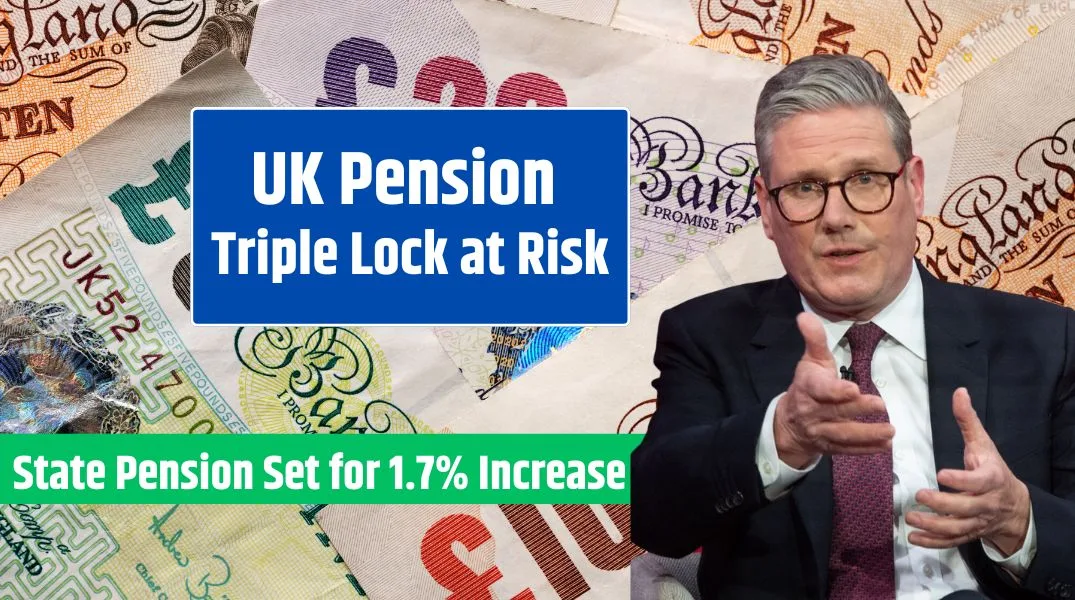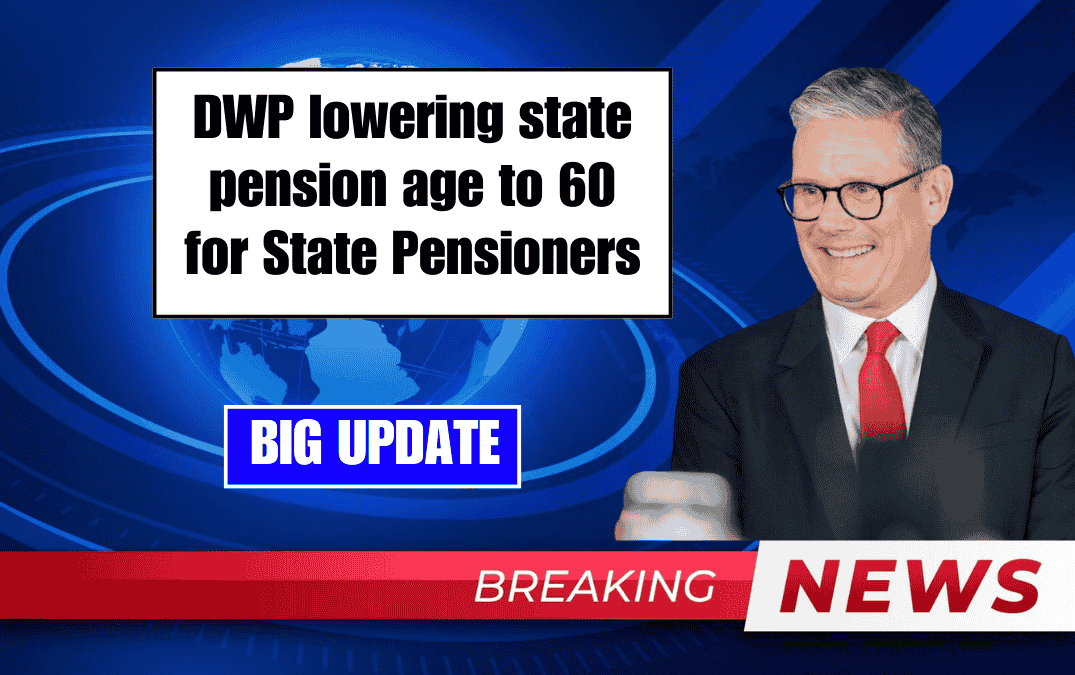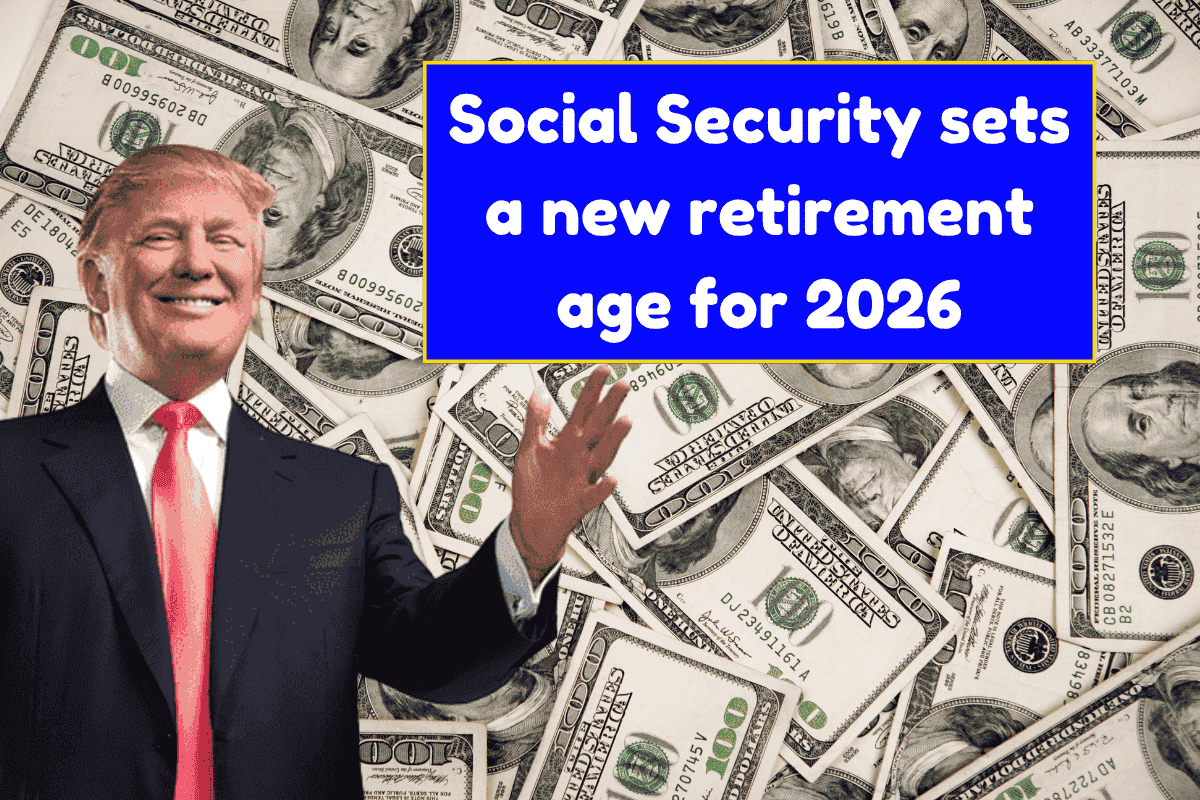A major concern has come up for pensioners in the UK, especially those born before 1945. Experts and former ministers are warning that older retirees could be hit with a possible “retirement tax” under the new Labour Party government, led by Rachel Reeves. This has sparked worries among elderly citizens who depend mainly on their state pension.
What is the Issue With State Pension and Tax?
According to the Department for Work and Pensions (DWP), many older pensioners are now receiving a state pension that crosses the £12,570 tax-free income limit set by HMRC. This means they may soon have to pay income tax on their pension.
The Telegraph’s analysis shows that:
46% of retirees aged between 85 and 89 are receiving pensions above the tax threshold.
In comparison, only 22% of those under 85 are affected.
So, people born between 1935 and 1940 are more likely to face this issue.
What Experts and Campaigners Are Saying
Caroline Abrahams, from the charity Age UK, has urged the government to increase the personal allowance for older people. She explained that these elderly citizens often have poor health and low savings, making it harder for them to deal with extra costs like taxes.
Baroness Ros Altmann, a former pensions minister, also raised concerns. She said that very elderly pensioners may struggle with tax paperwork, which could lead to fines or mistakes, even if the tax owed is small.
Steve Webb, another former pensions minister, warned that even if most current pensioners are under the tax limit, future retirees may not be so lucky. As the new state pension keeps rising, it may soon cross the tax threshold. This could push people into the taxpayer category, even if their only income is the state pension.
Treasury Response: What the Government Says
A spokesperson from HM Treasury responded by saying that they are committed to helping pensioners live “with dignity and respect.” They pointed out that the government has:
Frozen fuel duty
Increased the state pension
Followed the triple lock policy, which ensures the pension grows with inflation, wages, or by 2.5% — whichever is higher
Because of these measures, some pensioner couples could be up to £88 better off each month, and millions of pensioners could see a rise of up to £1,900 during this Parliament.
What This Means for You
If you or your loved ones were born before 1945 and rely mainly on the state pension, it’s important to:
Stay informed about income tax limits
Check if your total pension income crosses the £12,570 threshold
Seek help or guidance if you’re unsure about how to manage tax payments
The warning about a potential “retirement tax” shows that many elderly people could face unexpected tax bills in the near future. While the government has promised support through the triple lock and other benefits, experts believe more needs to be done. Increasing the personal tax allowance for the elderly could be one solution to help those who are most vulnerable. Keeping an eye on pension income, understanding tax rules, and asking for help when needed can go a long way in protecting the financial stability of our older generation.
FAQs
Will pensioners born before 1945 be taxed on their pension?
Yes, many pensioners aged 85 to 89 may cross the £12,570 tax-free income limit and could be required to pay income tax on their state pension.
Why is there concern about a retirement tax now?
With the rising state pension and unchanged tax threshold, more elderly pensioners may find themselves over the limit, especially those born between 1935 and 1940.
What is the triple lock policy for pensions?
The triple lock ensures state pensions increase each year based on the highest of inflation, average wage growth, or 2.5%.
What has the Labour government said about this issue?
While there is no official tax announced, experts are urging Labour to raise the personal tax allowance to protect older pensioners from paying unexpected taxes.
How can elderly pensioners avoid tax problems?
They should monitor their pension income, understand tax rules, and seek help with tax returns to avoid fines or missed payments.













